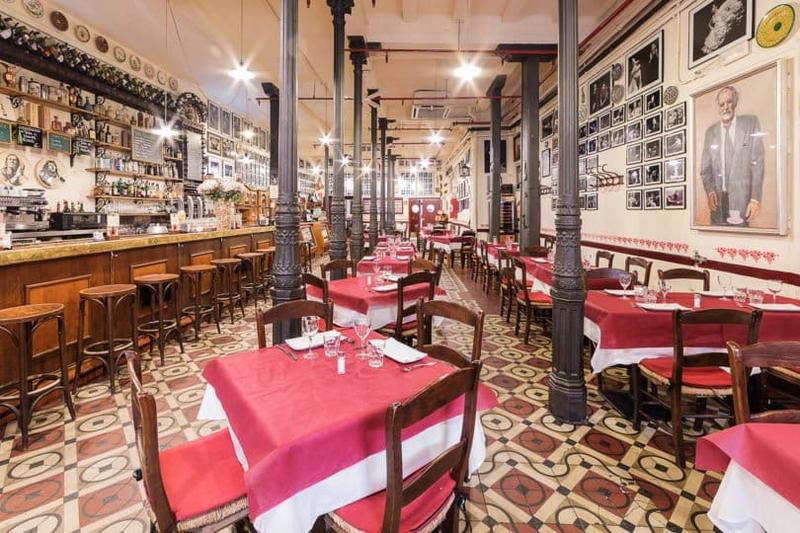 This screenshot taken from the official website of Casa Patas shows an introduction to the restaurant.
This screenshot taken from the official website of Casa Patas shows an introduction to the restaurant.
MADRID - A Madrid flamenco bar that has played host to some of Spain’s top performers, including an early-career set from Grammy-award winner Rosalia, is shutting down as audiences dwindle in the wake of the coronavirus pandemic.
Most of our audience is international. And these international customers can’t travel. A company that has no customers can’t make any money and a company that makes no money can’t survive.
Martin Guerrero, owner, Casa Patas
For nearly 40 years eager fans have crammed into Casa Patas’ flamenco hall - known as a tablao - to experience the electrifying spectacle of stamping feet, furious guitars and impassioned singing associated with the genre.
“There’s a really special energy here, built on years of stories, of life, of singing and dancing, joy, tears and emotion,” dancer Mariana Collado said.
Beneath the glare of the stage lights she twirled and tapped her high-heeled shoes in front of the empty hall.
“I hope this isn’t the last time I get to take to this stage.”
Casa Patas has been closed since hard-hit Spain introduced one of the world’s toughest coronavirus lockdowns on March 14.
ASLO READ: Unsold truffles tell tale of broken US$3.4 trillion food chain
 This photo taken from the official Facebook page of Casa Patas show the bar counter and the dining area of the restaurant.
This photo taken from the official Facebook page of Casa Patas show the bar counter and the dining area of the restaurant.
The government has since eased restrictions, but with the tourist industry that provides three quarters of the bar’s clientele brought to a standstill, owner Martin Guerrero has decided not to reopen.
“Most of our audience is international. And these international customers can’t travel,” he told Reuters. “A company that has no customers can’t make any money and a company that makes no money can’t survive.”
Tourism accounts for one in eight jobs in Spain and generates more than 12 percent of economic output in the world’s second-most visited country. But the sector has been decimated and in April Spain received no foreign tourists at all.
Despite a government plan to reopen the industry in July, Guerrero is sceptical of a short-term resurgence, though he is more optimistic about the long-term. With no plans to sell the property, he hopes to one day re-open the business his father founded.
“Of course we’ll try and get the business up and running again...It’s very important to my family. It’s our way of life.”


